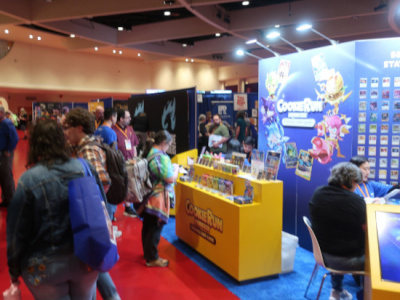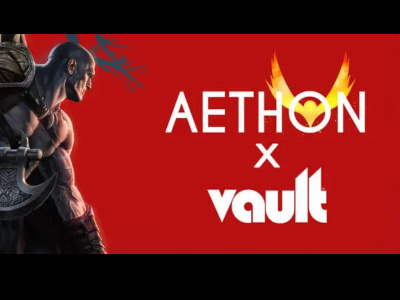This January has certainly become the month when game retailers are facing what could be their stiffest challenges ever from massively multi-player online role-playing games (MMORPGs). On the 16th the long-awaited first expansion for the hugely popular World of Warcraft game, WOW: Burning Crusade, was released simultaneously in Europe, the
As ICv2 noted (and retailers are well aware) a popular MMORPG can have major effect on the adventure gaming market (see 'World of Warcraft: The Worst of Times,' 'The Death of Hobby Gaming,' and ICv2's Retailers Guide to Games #11). An article in The New York Times on Wednesday noted that in order to be successful the LOTR MMORPG can't just appeal to current large audience for online games, 'it also needs to bring in Tolkien devotees who don't play video games.' The game has to be easily accessible to those who aren't well versed in online gameplay, but also meticulously accurate in portraying Tolkien's fantasy world (even down to the languages that the linguist Tolkien created for Middle Earth). The early reviews of the LOTR MMORPG have generally been good, with most noting that the game offers many options -- some players can revel in the blissful bourgeois domesticity of the Hobbits, while others can engage in violent encounters with Orcs and Trolls.
If the LOTR MMORPG is successful it will lure untold thousands of fans into an initial $50 purchase of the game and monthly subscription fees of up to $15. That sort of cash drain could have an effect on comic and other pop culture retailers as well as those directly involved in retailing RPGs, CCGs, CMGs, and board games.







